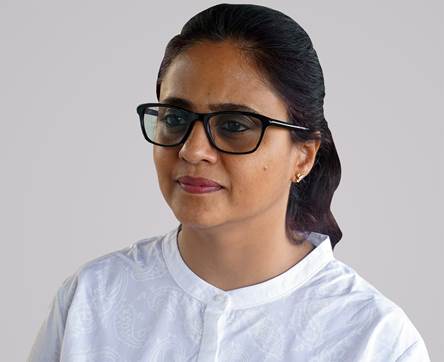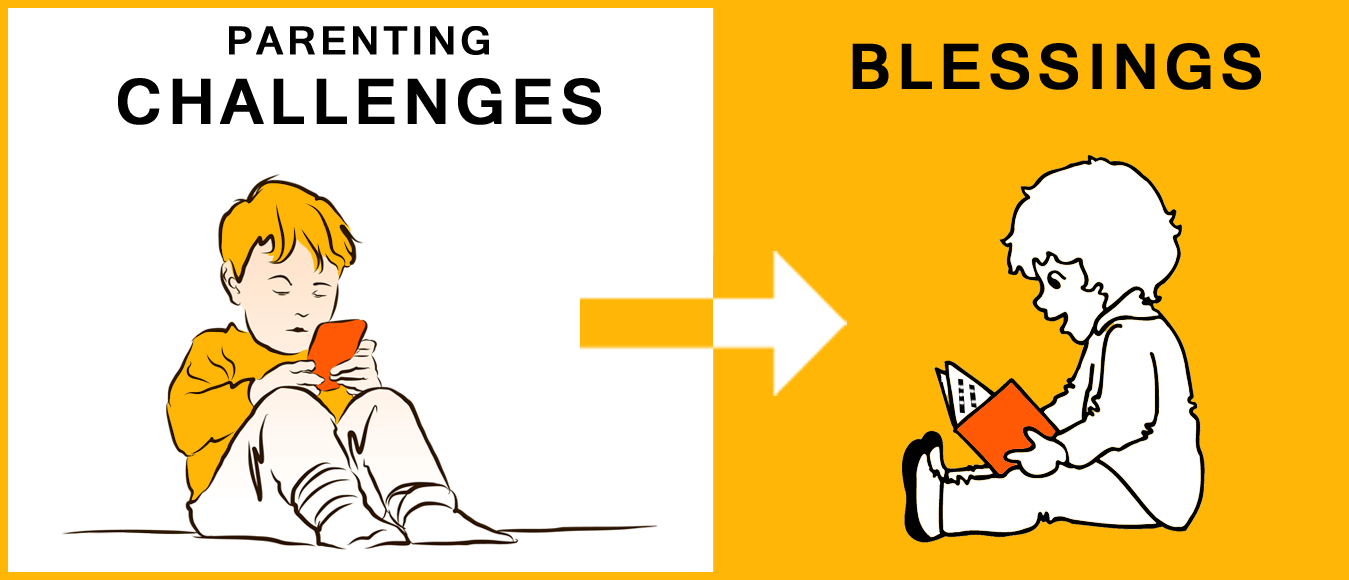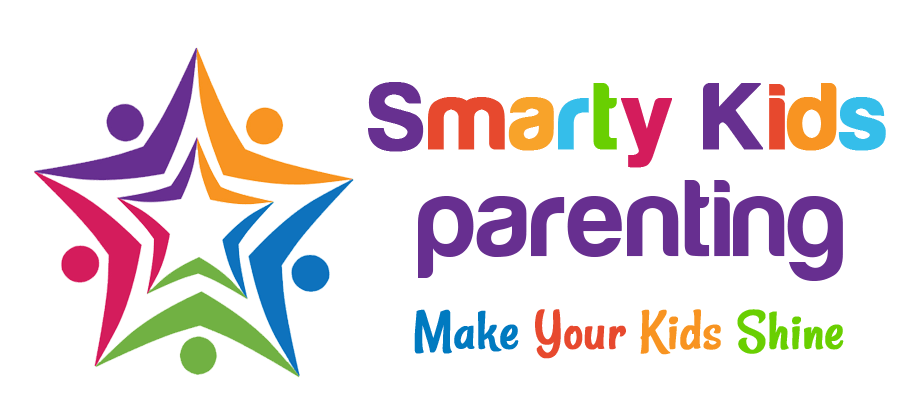
SKParenting Sizzlers with Skola Toys’ Co-founder Mridula Shridhar
SKP Q1. We know the business story at SkolaToys and the marketing appeal but how exactly did you gain confidence that the idea behind the brand would click?
Mridula: Skola Toys is sister concern of Kido Enterprises, a brand that has been in the Montessori and pre-school space for over 25 years. We have been providing a variety of products and solutions to our customers aiming to nurture and develop young minds for a very long time. Keeping this mind, the Kreedo curriculum was established as an effective solution to someone who wants to set up a world-class preschool. We have also worked with thousands of children in Early Years in this process, thus being very clear about the developmental needs of a young child while also understanding what interests them. While we were working for the past many years in the school space, we realized that 9/10 a young child’s time is spent at home, and there is a huge dearth of quality toys for them to play with.
This led to the creation of Skola Toys, where play leads to exploration, exploration leads to discovery and discovery leads to learning. Skola Toys believes that every child should be treated with utmost respect for nurturing him or her through self-learning and discovery. We are probably the only manufacturing company in the world that understands the developmental needs of children in Early Years and combining it with design and manufacturing capability to deliver value to the customer at immensely competitive prices.
SKP Q2. What’s the current consumer base for Skola and the trends or demand graph like?
Mridula: Skola Toys has just entered the market with an approach to widen the reach to as many children as possible including parents. At present we are at a 100% monthly growth rate.
SKP Q3. How responsible do you create and market your products?
Mridula: The products marketed by Skola are made keeping in mind the following:
a) Material – Toys manufactured by Skola are made keeping in mind the inclination of children. As we know children are attracted towards natural materials in comparison to man-made materials. Skola Toys are made from wood, sourced from renewable resources making them natural and environmentally friendly.
b) Use of non-toxic paints – All toys at Skola is painted with eco-friendly paints, decreasing the risk of health in children. The paints are made from natural materials and because of this they do not have any harmful emissions during manufacturing.
c) Certified – All toys at Skola are compliant with international safety standards and ATSM standards.
d) Lastly, toys at Skola are made to help the child achieve developmental milestones that will enable her/him become a problem solver. We also strongly believe in creating awareness in parents in terms of helping them understand the working of children’s minds. Today with nuclear families, and a whole new world that children have to face compared to the set up 30 years ago, parents are struggling to know the right things, since at times this is beyond the realm of grandparents.
SKP Q4. From 1992 to 2017, what have been the biggest challenges you’ve faced?
Mridula: The biggest and the only challenged faced by us is “Awareness”. Even after all this time, and a lot of talk about children’s development, parents and schools are still unaware of the effect of Early Learning, the right way. While there is focus on health and safety to some extent, there are not many who take learning at this stage seriously. There is a lot of information present online, but it is all cluttered. It creates a chaos in the mind of a consumer. It is important to get through this clutter, nourishing each child to be an independent thinker.
SKP Q5. What innovation do you think is on way for STEM learning and early childhood development plus education in India?
Mridula: There has been a buzz in India with regards to robotics, science-based experience centres to come up for the age of 7+. Skola has imbibed in it many traits that make it an ideal pre-STEM toy, basically enhancing cognitive ability through fine motor skills and play. We aim at creating thinkers, confident learners which are critical and essential STEM skills.
Nowadays, early childhood development has gained a lot of importance in India. There are a lot of start-ups that have come up in the education sector to educate about 100 million children in pre-school. However, many of them are adopting technology as a learning tool for children which might actually cause additional problems instead of alleviating the current one. We have adopted using technology to train teachers which we feel is a better way to reach out to our vast geography, rather than using technology with children. All of us in the Education sector has a huge role to fulfil with teacher training. And must try to fill in the gap as much as possible.
Considering the large geography and differences in the culture we have a long way to go.




